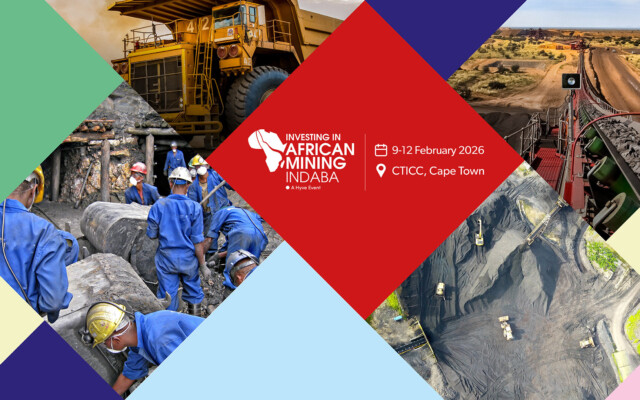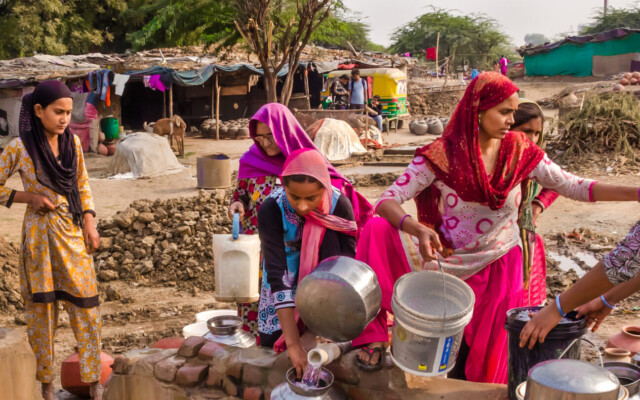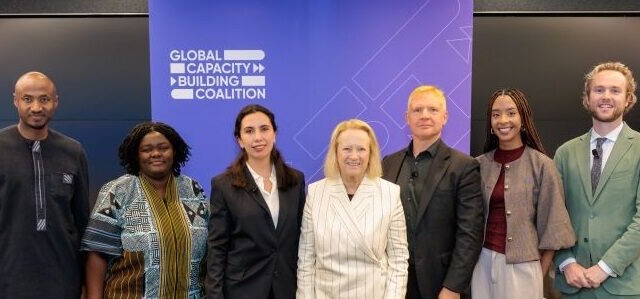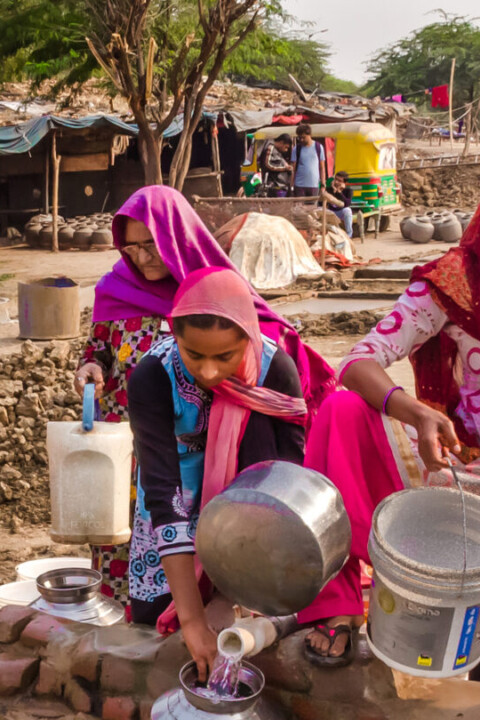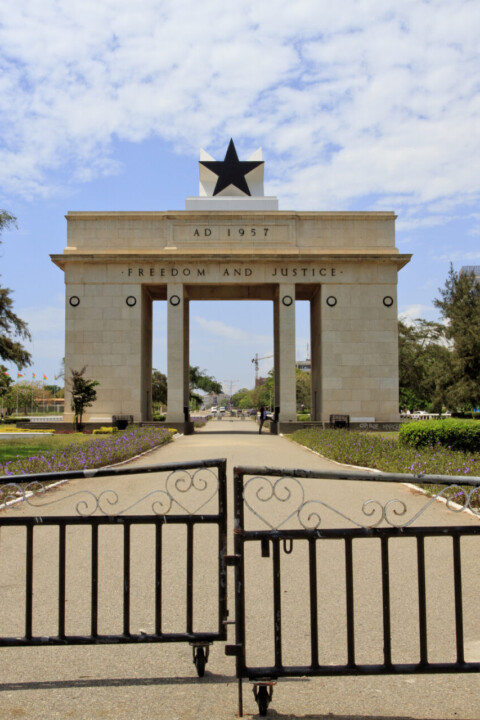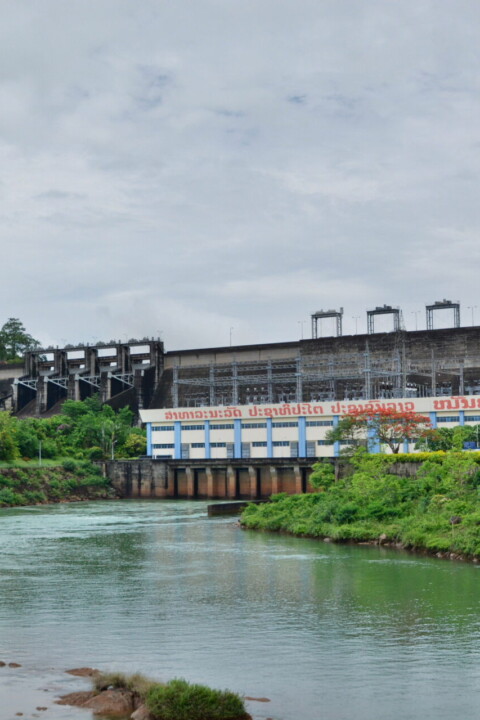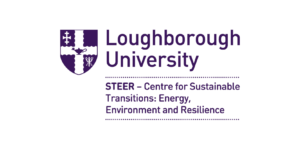CCG is a UK Aid-funded project which aims to support investment in sustainable energy and transport systems to meet development priorities in the Global South. The programme brings together some of the UK’s leading universities including UCL, Oxford, Cambridge, Imperial College, Strathclyde and the Open University, with the Centre for Global Equality, KTH Royal Institute of Technology, and Climate Parliament. It is directed from the Centre for Sustainable Transitions: Energy, Environment, and Resilience (STEER), at Loughborough University. Our team includes experts in practical, applicable research in sustainable development and related topics. Although our main focus is funded by UK Aid, we are always happy to make our work available to other countries who may need our support.
Overview of CCG activities 2021-2024:

February 26, 2026
The Energy Transition Council-Lao PDR National Dialogue takes place
On 24 February, over 100 people attended the Energy Transition Council-Lao PDR National Dialogue: Working Together to Acceler…
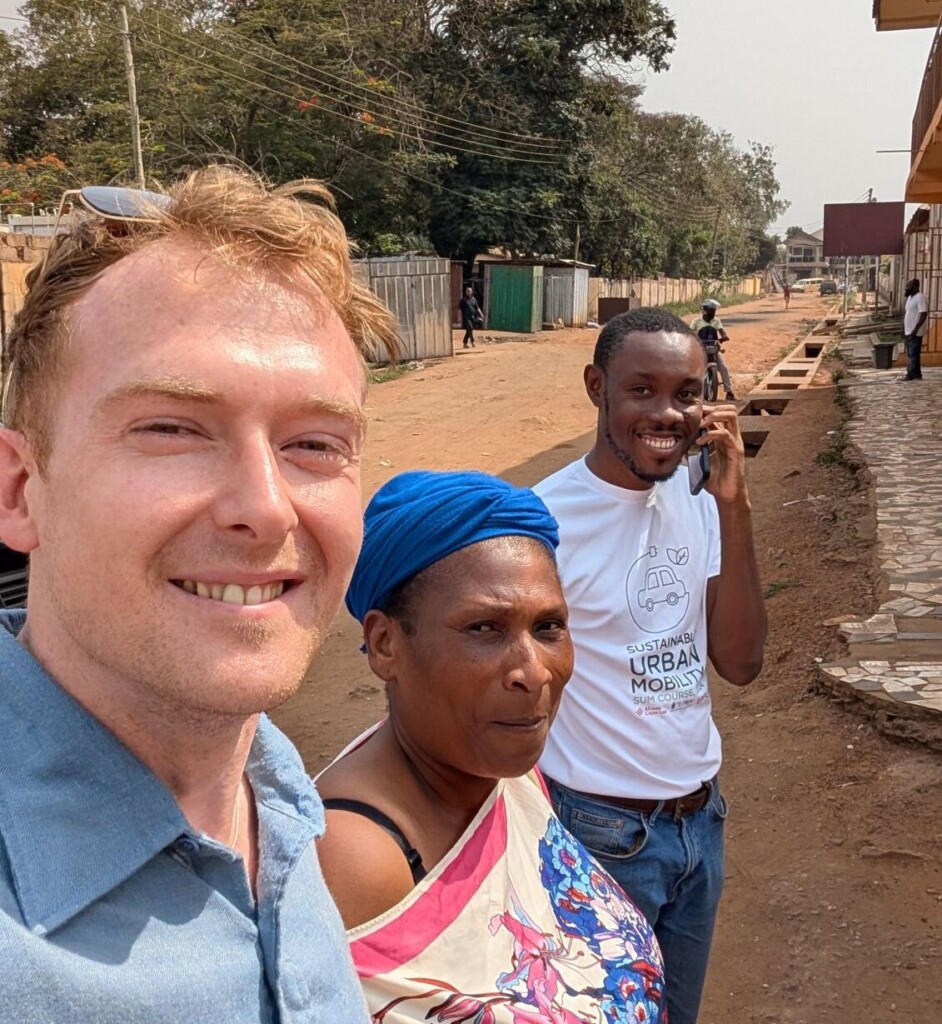
February 19, 2026
Building inclusivity into transport modelling: the access in motion (AIM) project in Ghana
The Climate Compatible Growth Transport team (with Fatima Afifah, Ph.D., Festival Godwin Boateng and Juan Pablo Orjuela) were…
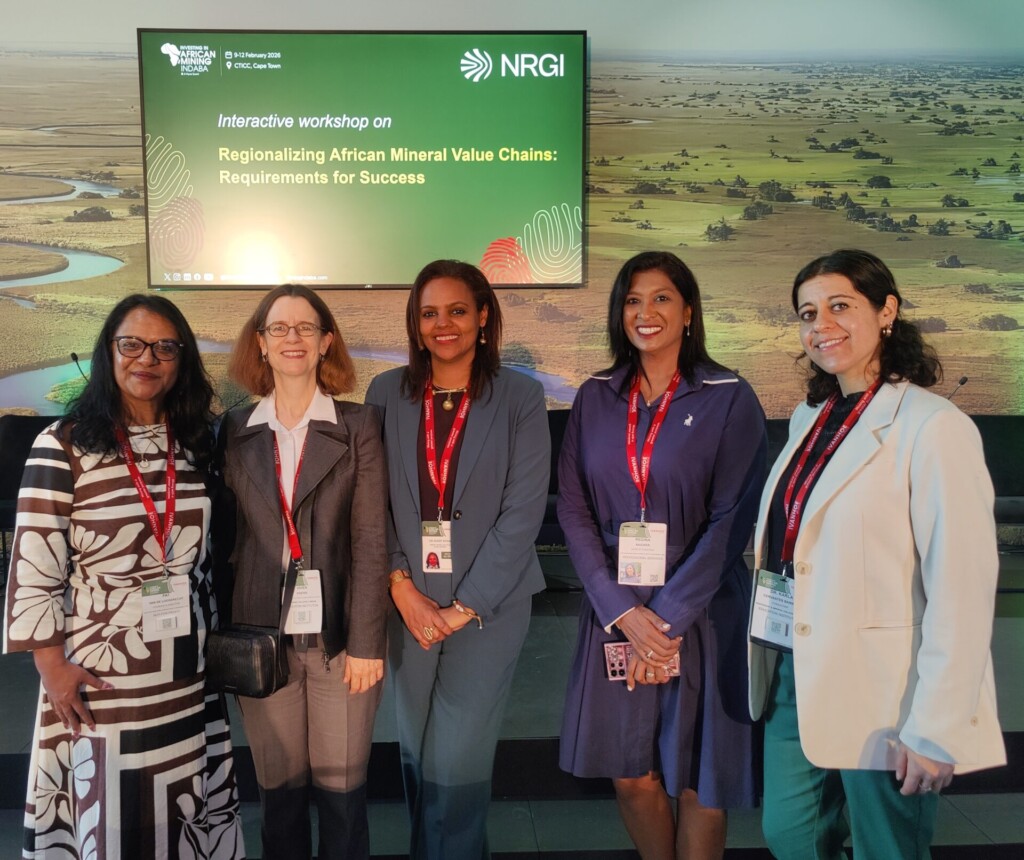
February 16, 2026
FCDO-CCG delegation attends Mining Indaba Africa
CCG attended the event in Cape Town 9-13 February 2026 as part of an FCDO delegation led by Laura Blizzard (Head of Developme…
Our partnerships
Country Partnerships
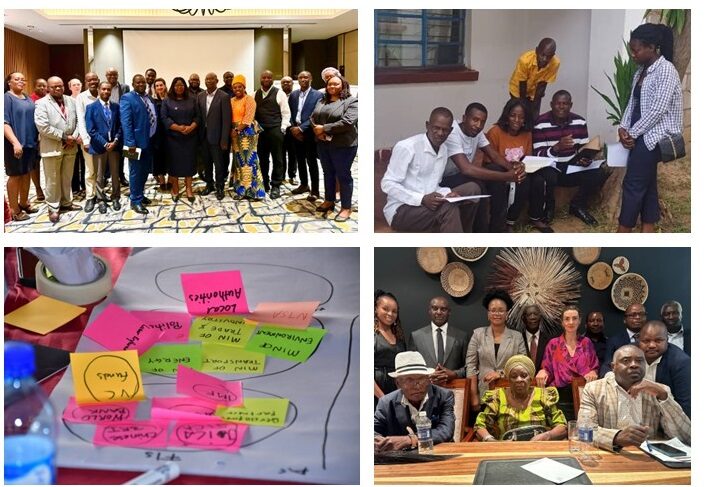
Amplifying Research Activities
International Partnerships
The goal of the International Partnerships team is to amplify the impact of CCG’s research activities by engaging with a wide range of international organisations, governments and universities from around the world. The International Partnerships Team curates an ecosystem of open-source modelling tools and datasets that provide the basis for a range of capacity building and applied research engagements on a global public good basis.
More about CCGLONGER TERM Research Activities
Research
We recently revised our Research Strategy to address concerns that current assessment frameworks often do not reflect country contexts, fail to consider political context, are not ‘owned’ by institutions in the region, focus on climate rather than development priorities, or are too reliant on approaches from developed regions that are not transferrable to the LMIC context.
Our revised approach also aims to ensure that future work takes into account the impacts of investment opportunities on the socio-economic situation, Gender Equality and Social Inclusion (GESI), and access to basic services for local communities. We intend that this future work will be co-created and delivered in partnership with local and international stakeholders. We aim to build on the success of the previous three years in which we produced 60 academic papers.
View all our research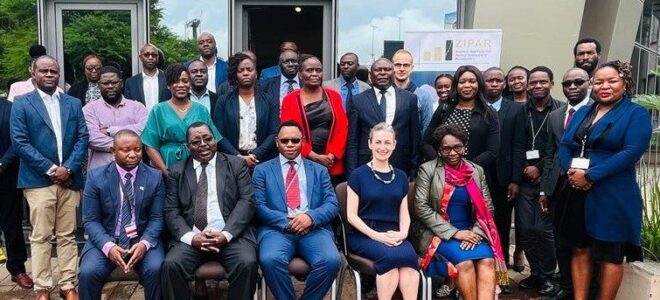
Governance and Equity
This Research Community has developed a political economy framework to guide its research and practice, which draws on existing theories and conceptual frameworks eg on political economy, multi-level, and polycentric governance. Such approaches embrace complexity, and so are fundamental to provide deep and contextualised understandings of the topics we are working on, enabling us to think politically, and to provide workable and equitable solutions.
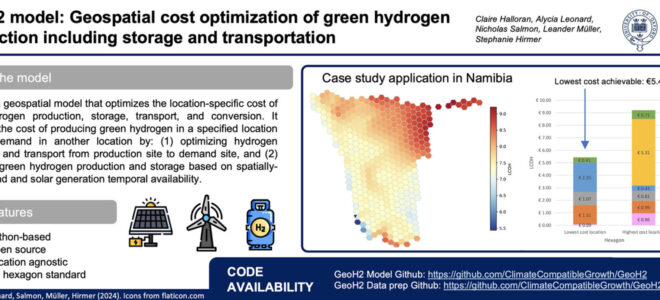
GIS
Increasingly an element of our research is the use of Geographic Information System (GIS) modelling studies. These provide high-resolution tools to identify economic opportunities that can drive growth in LMICs.

Information For Funders
We are very keen to talk to potential funders about how their support can help bring the positive benefits of our research, practical tools and proven methods to even more people across the Global South.

Resources For Governments
Our approach of working in partnership with ministries and governments in our partner countries, has delivered significant results for them. All of our knowledge products are available to you to support your journey to sustainable growth and clean energy.

Partners – Join us!
CCG depends on partnership to be effective. If your organisation is also committed to seeing countries achieve sustainable growth through clean energy, across the Global South and beyond, we would love to hear from you.

